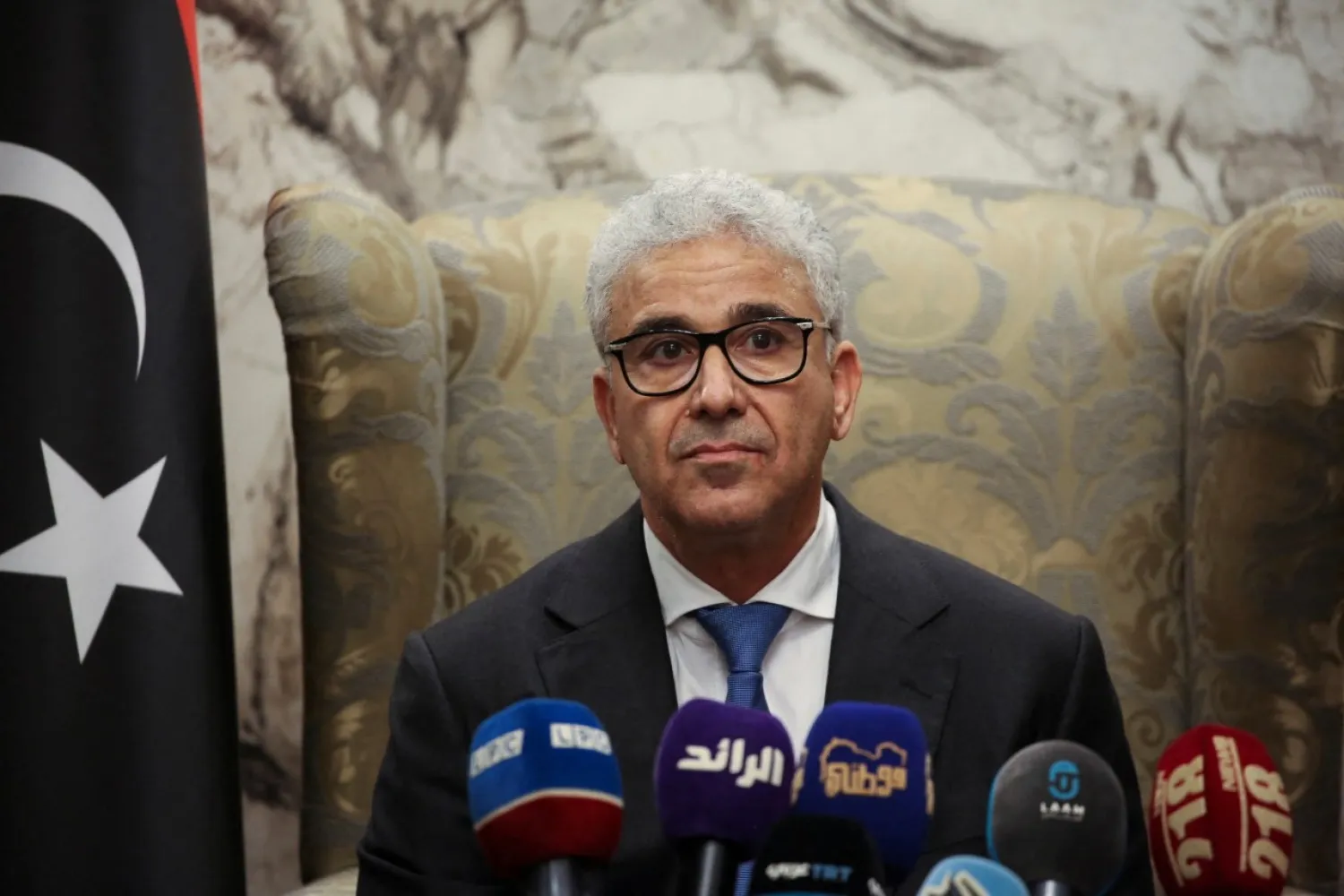Libya's parliament-appointed prime minister, Fathi Bashagha, asked the National Oil Corporation (NOC) to submit its proposals on mechanisms necessary to preserve and maintain funds generated from oil revenues.
Bashagha sent an urgent message to NOC Chairman Mustafa Sanalla, stressing the need to resume oil production and export as soon as possible.
The prime minister said the government was ready to complete all necessary measures to adopt mechanisms related to the collection of oil revenues.
The protesters' demands in the Oil Crescent region are "legitimate," said Bashagha adding that they have the right to object to the current mechanisms for maintaining funds generated from oil revenues.
He warned that closing the oil fields and ports would not solve the problem but instead disrupt the institution's work and negatively affect production.
The Prime Minister stated that the NOC requires agreement on specific and disciplined mechanisms to ensure that oil revenues are kept in its accounts and not referred until the issuance of the budget law by the House of Representatives, stressing the need to ensure the continuation of the payment of salaries to preserve the interest of the citizens.
Bashagha affirmed his government's relentless efforts to resume oil production and export, and its full readiness to complete all necessary procedures to ensure the adoption of mechanisms related to the preservation and maintenance of oil revenues and ensure their good management and non-political exploitation.
Last month, US Ambassador Richard Norland presented a short-term mechanism that would build on that model but in a more orderly way and with more transparent financial oversight.
It would have "enough transparency with everybody producing statements on what's been dispersed and received" so that any discrepancies could be accounted for, he said.
Protests erupted in the regions near oil fields and ports after the NOC transferred $6 billion to the unity government.
The residents shut down the oil fields and demanded that the Tripoli-based government chaired by Hamid Dbeibeh hands over power to Bashagha.
Oil production at the Sharara field has been stopped, and NOC declared force majeure at the area, which produces around 450,000 barrels a day.
The corporation called the shutdown of the field an "absurd move" that mirrors the ongoing standoff in the country.
Sanalla said they were forced to stop production at all fields and stations associated with the terminal and shipping facilities until further notice.









